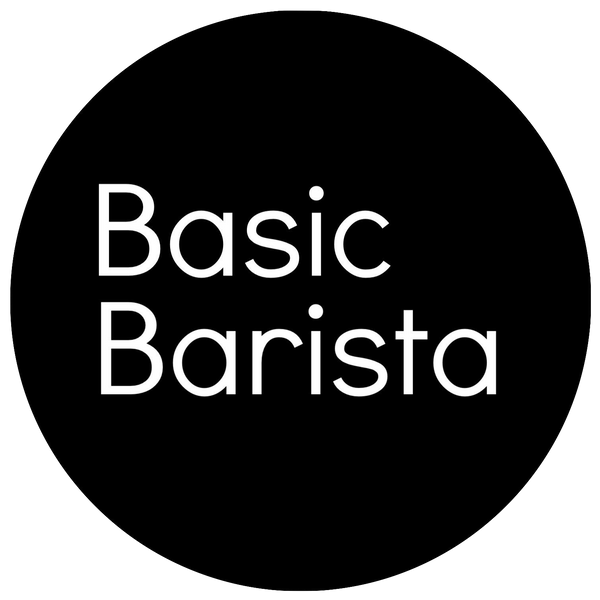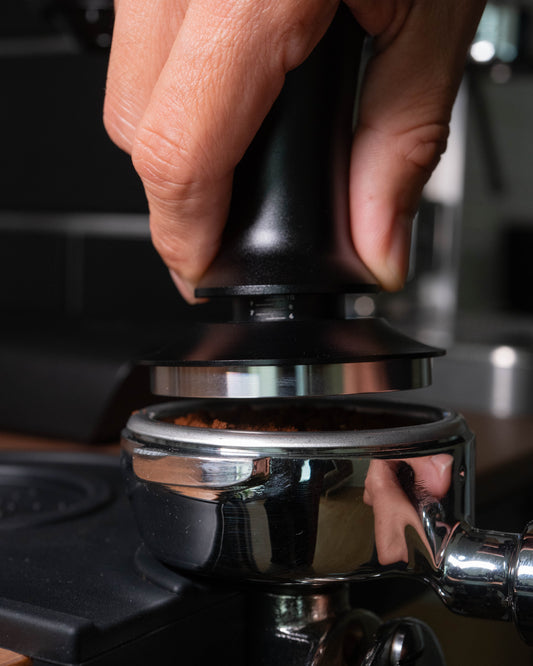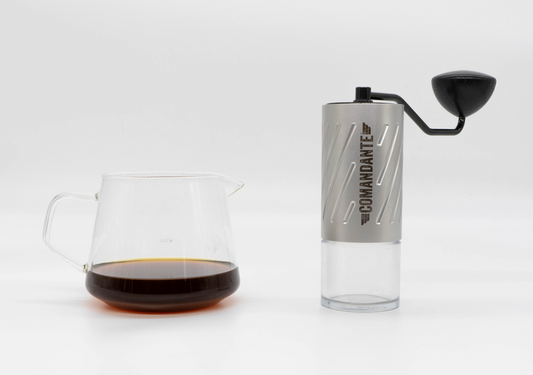
What is Cascara? Coffee Cherry Tea
Estimated read time: 2 minute
Share this article
Cascara is a tea made from the dried husks of coffee cherries. Coffee cherries are the fruit that coffee beans come from, and the husks are usually discarded during the coffee bean production process. However, some coffee farmers have started to use the fruit to make tea, giving rise to the wonderful world of cascara.
To make cascara, the coffee cherry husks are dried in the sun until they are completely dry. They are then roasted, giving them a sweet, fruity flavour. The result is a unique tea that's unlike anything you've tasted before.
Cascara tea has a unique, fruity flavor that's hard to describe. Some say it tastes like a cross between black tea and hibiscus tea, with notes of cherry, cranberry, and even rose. It's a refreshing and delicious alternative to traditional teas, perfect for those looking to expand their tea collection.

What is Cascara?
Cascara is a tea made from the dried husks of coffee cherries. Yes, you read that right - coffee cherries! When coffee beans are harvested, the fruit surrounding them is typically discarded. But in recent years, some coffee farmers have started to use the fruit to make tea.
How is Cascara Made?
To make cascara, the fruit is first removed from the coffee beans. Then, it's dried in the sun or using a machine. Once it's fully dried, it's ready to be brewed into tea.

What Does Cascara Coffee Tea Taste Like?
Cascara tea has a unique, fruity flavour that's hard to describe. Some say it tastes like a cross between black tea and hibiscus tea, with notes of cherry, cranberry, and even rose. It's definitely worth trying if you're a tea lover or looking for something new to add to your coffee routine.
Does Cascara Tea Have Caffeine?
Yes, cascara tea does contain caffeine - though not as much as coffee itself. The exact amount can vary depending on how the tea is brewed and how much of the dried fruit is used. However, if you're looking for a caffeine boost without the jitters, cascara tea might be a great option for you.
How to Brew Cascara Tea
Brewing cascara tea is fairly simple. Here's a basic recipe to get you started:
- Add 1-2g of Cascara to a teapot or infuser
- Pour 80-90ºc water over the cascara
- Let steep for 2-4 minutes
- Strain and serve
Adjust the recipe to taste.
What is Cascara Sagrada?
Cascara sagrada is a different plant entirely - it's a natural laxative made from the bark of the cascara sagrada tree. While it shares a name with cascara coffee tea, they're not related at all and due to it's laxative properties it would be very unfortunate if the two were confused. 💩

Other Uses for Cascara
While cascara is mainly used to make tea, it can also be used in other ways. For example, some farmers use it as a natural fertiliser for their crops. It's also sometimes used in cosmetics and skincare products.
So there you have it - everything you need to know about cascara! Whether you're a coffee lover or a tea enthusiast, it's definitely worth giving this unique beverage a try.
Cascara tea is a delicious and nutritious alternative to traditional teas. Not only does it taste great, but it also has numerous health benefits. Whether you're a coffee lover or a tea enthusiast, it's definitely worth giving this unique beverage a try.
Expand your tea collection and treat your taste buds to the delightful flavors of cascara. Your body will thank you for the added health benefits too.
So why not brew yourself a cup of cascara tea and enjoy the wonderful experience it has to offer?



